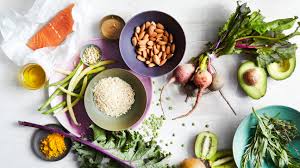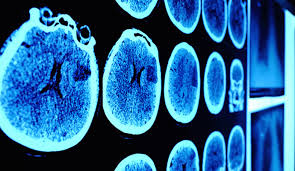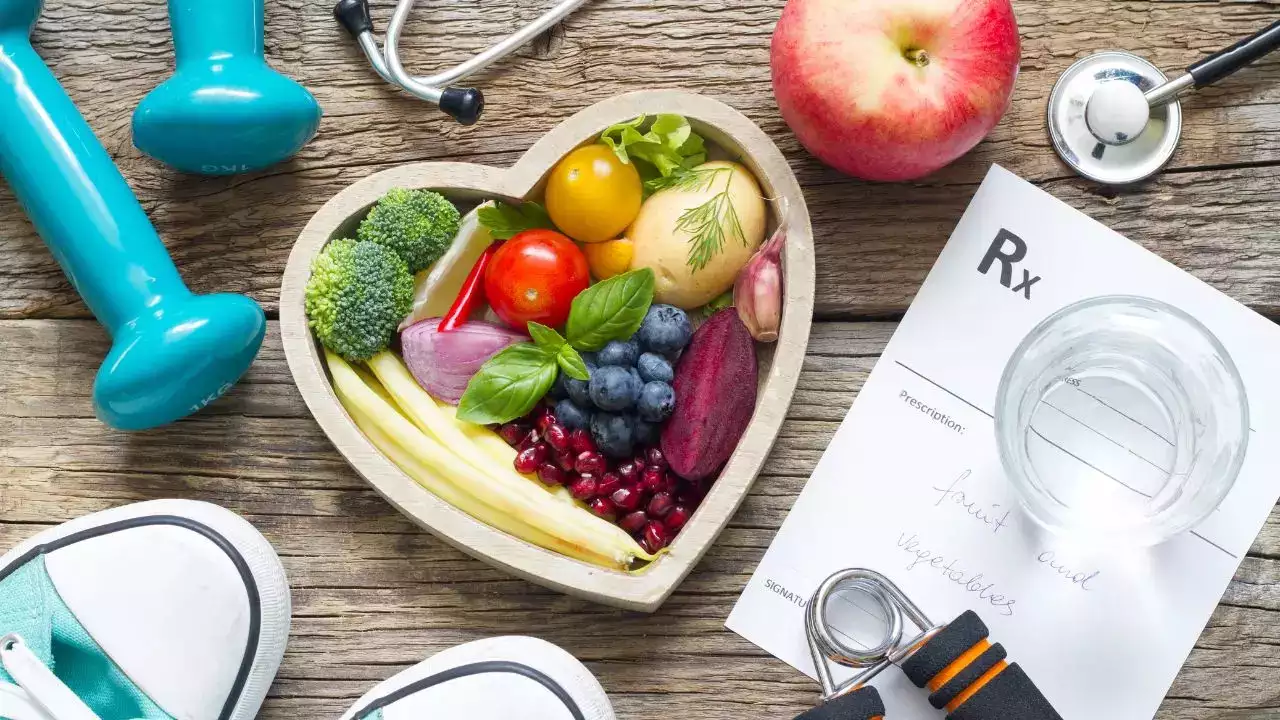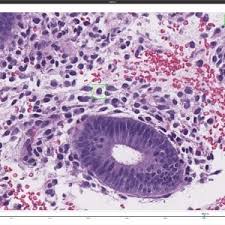Protein makes up about 20 percent of the human body, making it and water the two most vital components of a healthy diet. As an essential macronutrient, protein aids in tissue building and repair, supports immune function, and contributes to overall health.
To prevent deficiency, the average adult should consume around 50 to 75 grams of protein daily, which constitutes about 10 to 13 percent of their caloric intake. Including high-protein foods in your diet is a delicious and effective way to boost your intake.
Here are 10 high-protein foods that are versatile enough to meet various dietary needs and offer additional health benefits:
■ Chicken Breast: A popular lean protein, chicken breast is ideal for those looking to build muscle or manage weight. A 100-gram serving of grilled, low-fat chicken breast provides around 31 grams of protein, roughly half the daily recommended amount. Its versatility makes it a favorite, as it can be used in countless dishes, from salads to stir-fries.
■ Greek Yogurt: This nutrient-rich food is loaded with protein and probiotics that support gut health. A 170-gram serving of plain, nonfat Greek yogurt contains about 15 to 20 grams of protein. Enjoy it as a snack, mixed with fruit or granola, or use it as a smoothie base. It can also replace sour cream or heavy cream for a lighter, protein-rich alternative.
■ Eggs: Eggs are a versatile source of high-quality protein and a low-calorie option, with most of the protein found in the whites. One large egg contains about 6 grams of protein and is packed with essential amino acids, vitamins, and minerals. Whether boiled, scrambled, or poached, eggs are a convenient and nutritious addition to any meal.
■ Salmon: This flavorful fish is rich in protein, healthy fats, and omega-3 fatty acids. A 100-gram serving of salmon provides approximately 25 grams of protein along with heart-healthy fats. The omega-3s support brain health and lower the risk of chronic diseases. Salmon is an excellent choice for those seeking a nutrient-dense protein option.
■ Quinoa: As a complete plant-based protein, quinoa contains all essential amino acids, making it a fantastic choice for vegetarians and vegans. One cup of cooked quinoa offers about 8 grams of protein, along with fiber and essential minerals. It’s versatile enough to serve as a base for salads, side dishes, or even as a rice substitute.
■ Cottage Cheese: Low in carbohydrates and high in protein, cottage cheese contains 27 grams of protein per cup. Its high protein content makes it ideal for muscle recovery and promoting satiety.
■ Lean Beef: In addition to being protein-rich, lean beef is a great source of iron and zinc. A 100-gram serving of cooked lean beef typically provides about 26 grams of protein. Choosing lean cuts like sirloin or tenderloin can help minimize saturated fat intake.
■ Lentils: A budget-friendly, plant-based protein source, lentils provide approximately 18 grams of protein per cooked cup. They are perfect for soups, stews, salads, and more, making them a staple in vegetarian and vegan diets.
■ Peanuts: Not just a tasty snack, peanuts offer a good amount of protein and healthy fats. A 28-gram serving provides about 7 grams of protein. They contain heart-healthy monounsaturated and polyunsaturated fats, though moderation is key due to their high caloric content.
■ Chickpeas: Also known as garbanzo beans, chickpeas are versatile legumes that can be added to salads, soups, stews, or made into hummus. One cup of cooked chickpeas contains around 15 grams of protein and is high in fiber, which aids digestion and promotes fullness.


























0 Comments